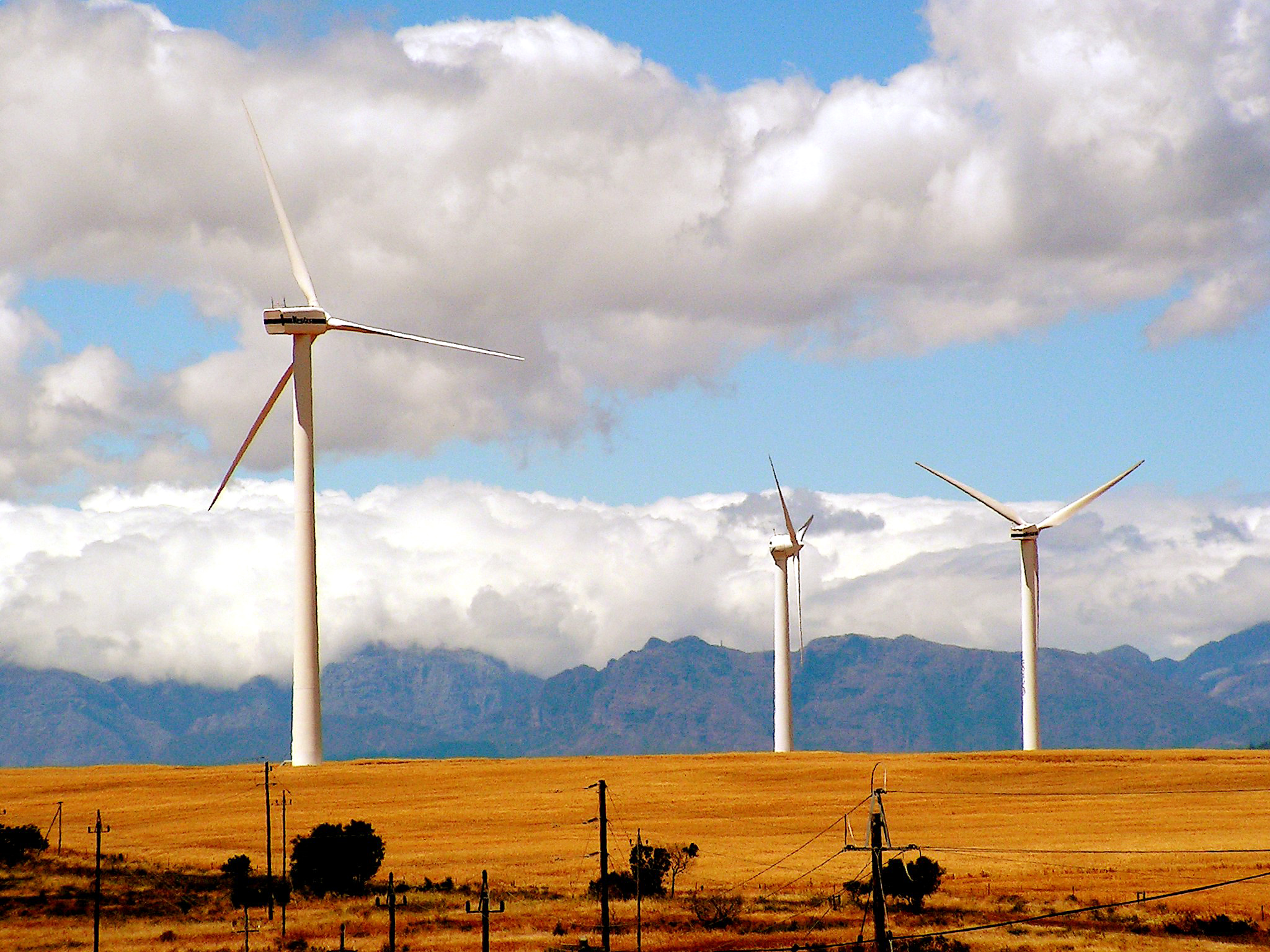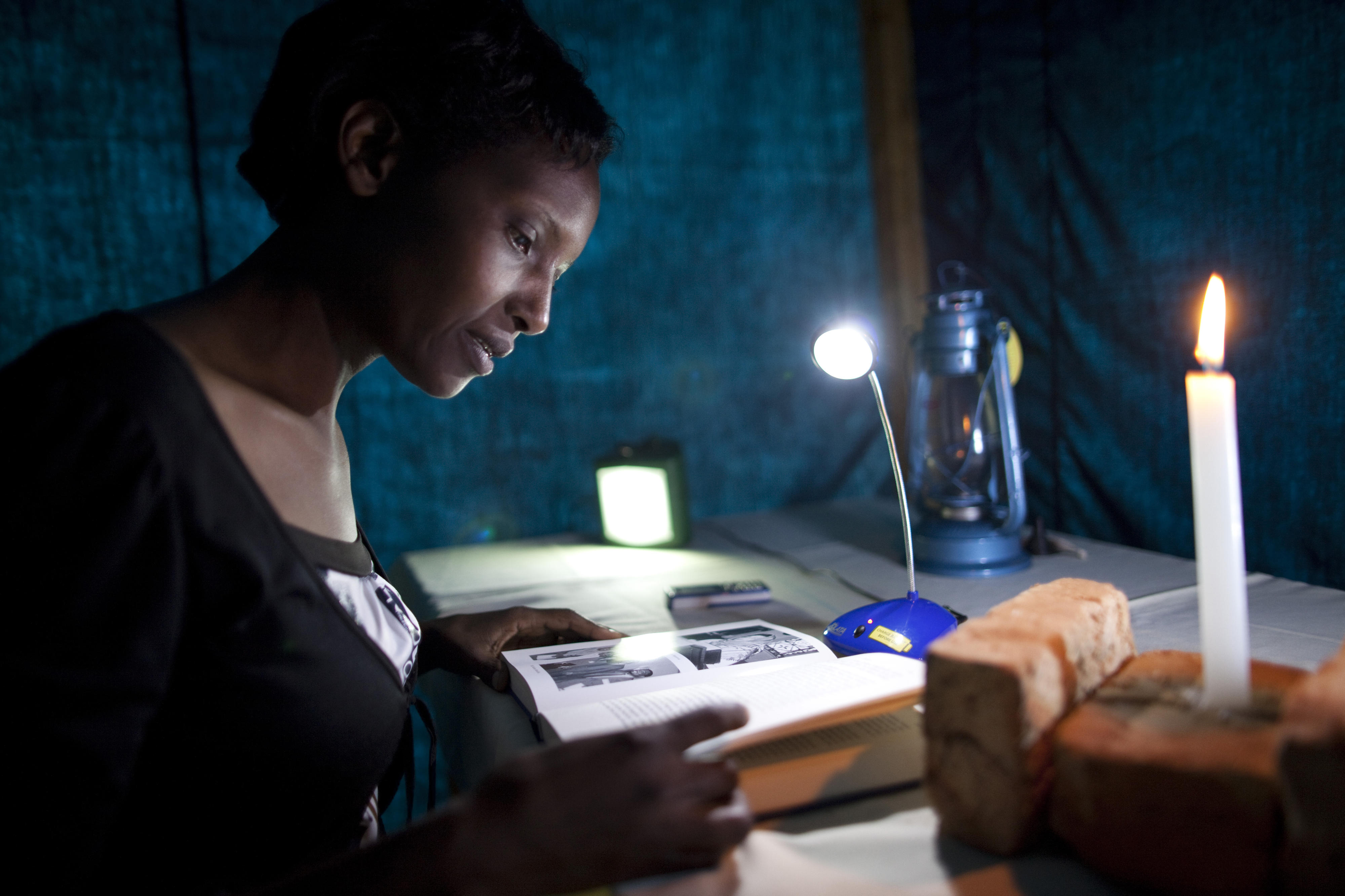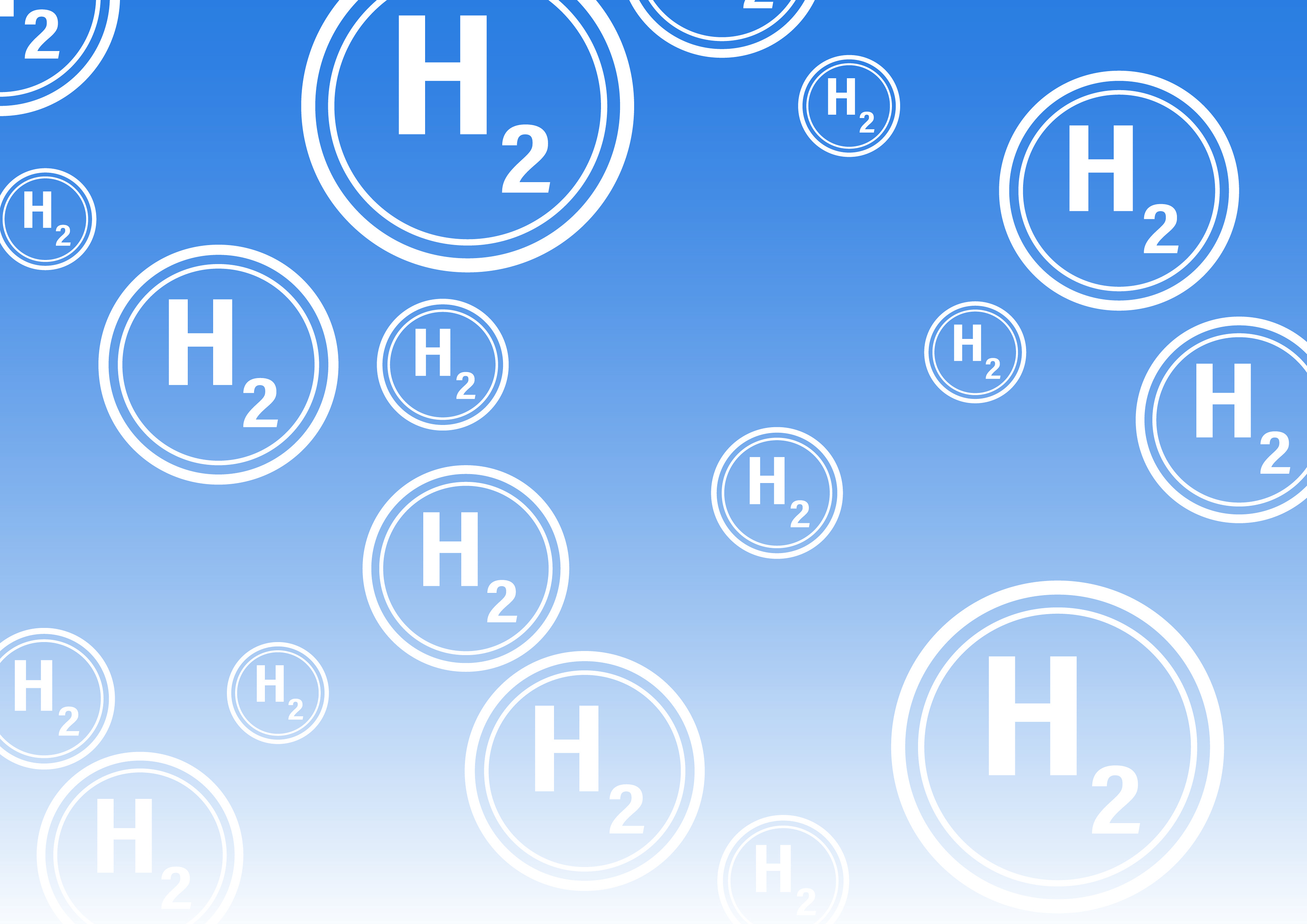Core area “Climate and energy, just transition” Supporting a socially just transition
Wind turbines in South Africa
Currently, the bulk of South Africa's power generation is coal-based. The country is one of the world's largest emitters of greenhouse gases. The South African government has set itself ambitious climate goals. In order to achieve them, the use of renewable energy will have to be expanded significantly and energy efficiency will need to be greatly increased. South Africa has huge potential for generating energy using wind and solar power. However, the government has stated clearly that the country will only be able to restructure its energy sector and achieve its climate targets with the help of the international community.
Just Energy Transition Partnership
At the international climate conference in Glasgow in 2021 (COP26), Germany, the United Kingdom, the United States, France and the EU announced a new partnership with South Africa aimed at supporting a socially just transformation of its energy system (Just Energy Transition Partnership – JETP). Denmark and the Netherlands joined the effort in 2023. Together, the international partners have provided a total of 9.3 billion US dollars, mainly in the form of loans. Germany's contribution to this amount is about 2 billion euros, of which around 1.9 billion is provided by the German Development Ministry (BMZ).
Examples of Germany's activities
Together with the private sector, GIZ (on behalf of the BMZ) is advising South Africa's Department of Energy, the national power utility and South African districts and municipalities on how to promote the use of renewable energies and improve energy efficiency. Support is being provided for the construction of energy infrastructure, advisory services in the electricity market, training opportunities to help people qualify for “green” jobs, and measures to mitigate the social impact of the energy transition.
As part of Financial Cooperation, reduced-interest loans are being offered via South African institutions to small and medium-sized businesses wishing to invest in renewable energy and energy efficiency measures. In addition, KfW Development Bank is supporting measures to modernise the transmission and distribution grids so that energy from renewable sources can be fed into the grid.
The BMZ also supports policymakers, private sector players and scientists in South Africa in their efforts to launch the environmentally and socially sound production of green hydrogen. This support focuses, for one thing, on the creation of a conducive political and legal environment and the improvement of expertise at relevant authorities. Moreover, assistance is being provided for the establishment of pilot facilities for producing green hydrogen and using it in various industries.
As at: 27/11/2024


